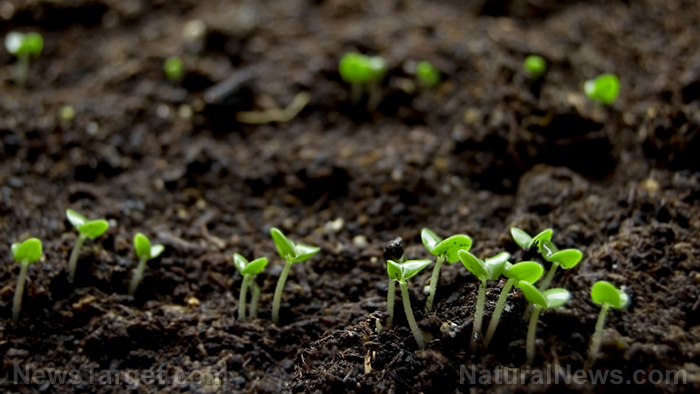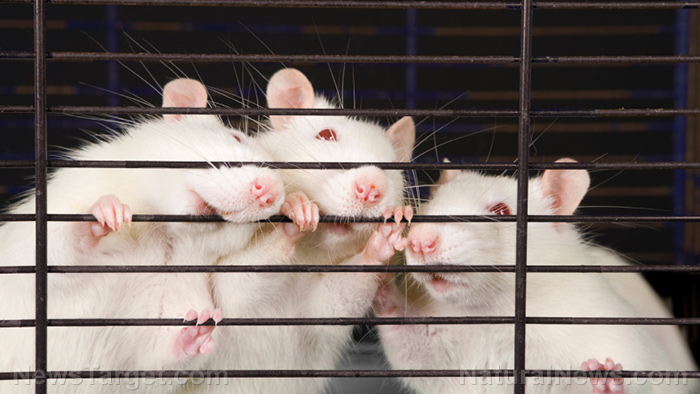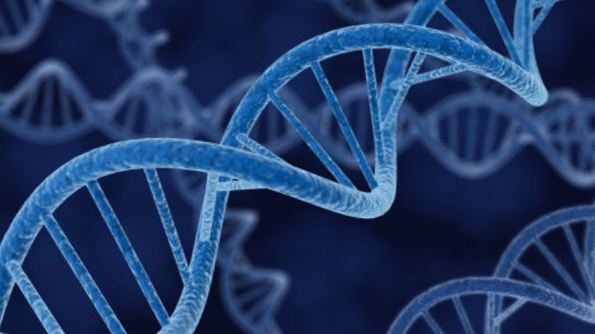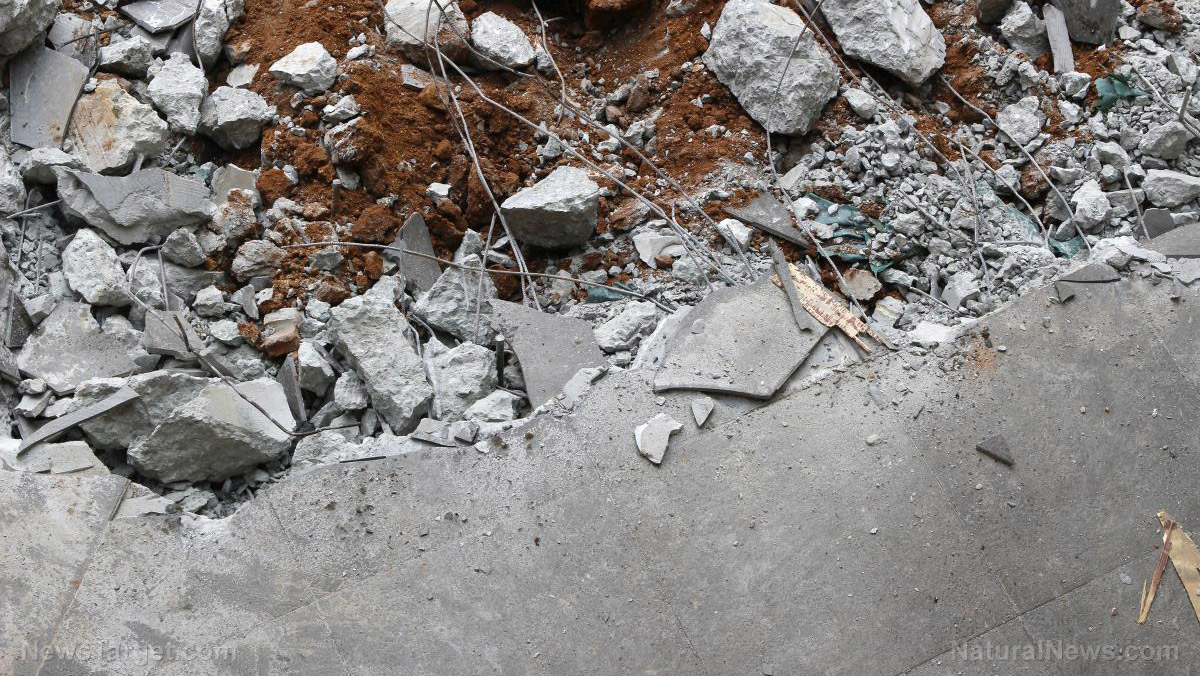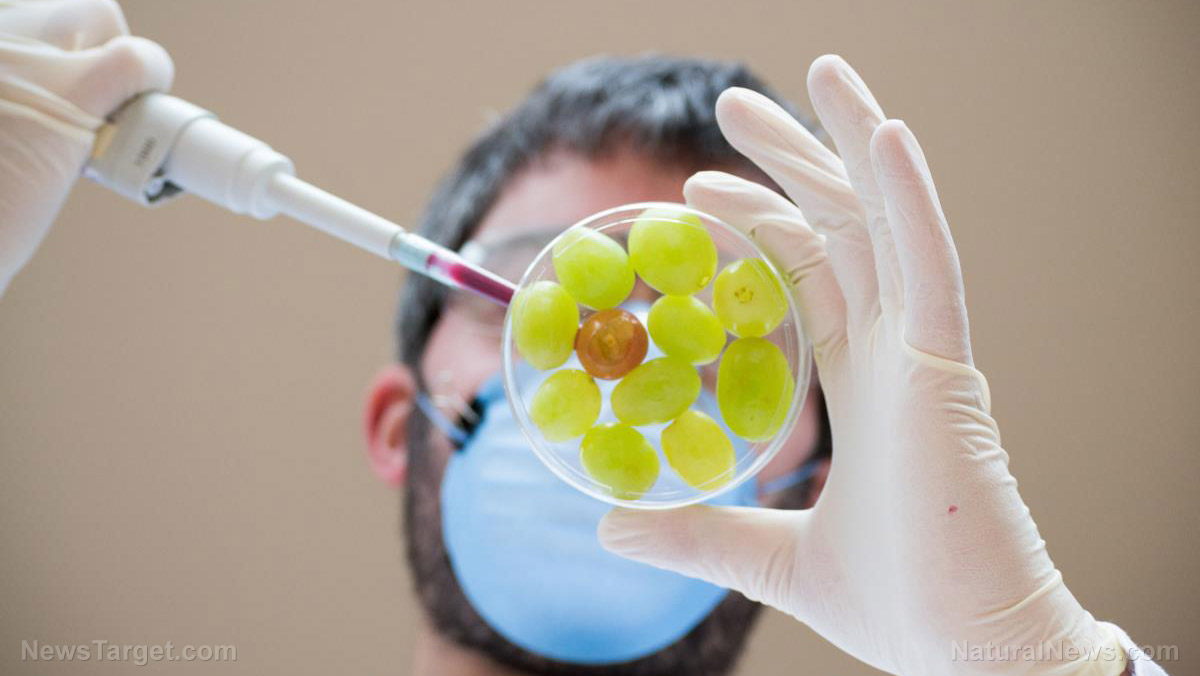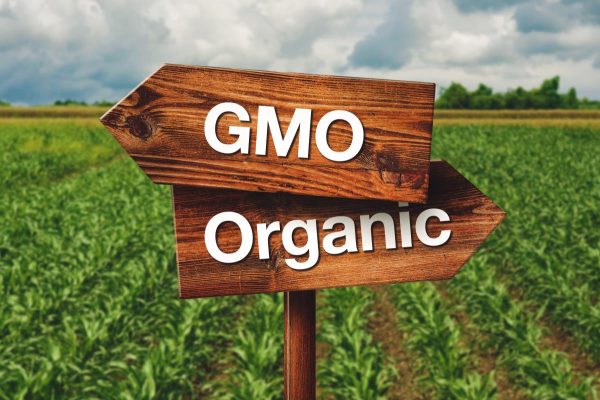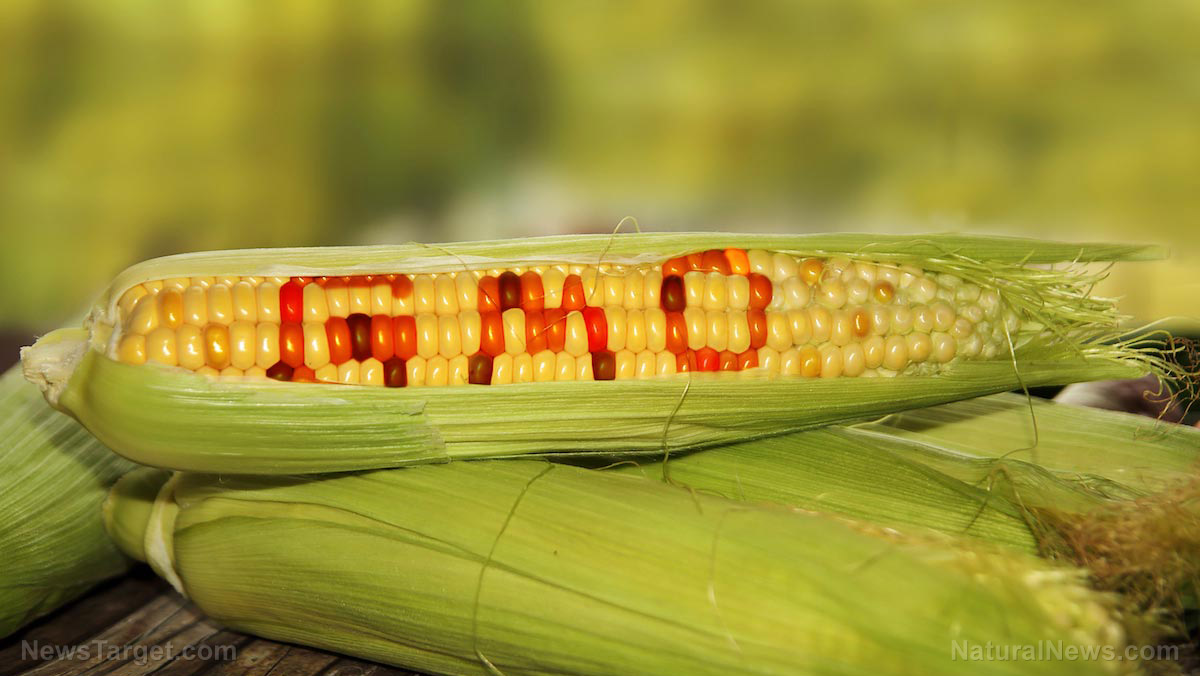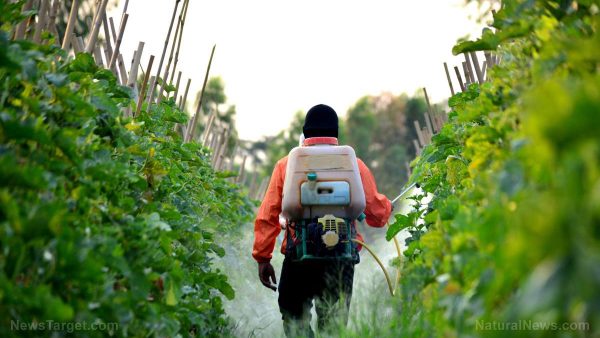False climate change narrative now being used to push genetically modified “drought resistant” corn on Africa
08/08/2017 / By Lance D Johnson

Each day, farmers face real-world challenges to produce food, especially in countries where their lives depend upon agricultural success. Managing natural resources and crop yields in the face of unpredictable weather is a daunting task. African farmers face irregular seasons of drought; therefore they must breed and select the right drought-tolerant and insect-resistant hybrids in order to maintain their yields.
The last thing these farmers need is multinational seed corporations and billionaire investors sensationalizing the climate change narrative in order to introduce GM seeds, take over farmland, and steal away farmer’s right to use their own seeds and adapt them to regional weather and pest challenges. However, that now seems to be an issue: The pretentious climate change narrative is being used as a selling point to push genetically modified “drought resistant” traits on African farmers.
The main culprits, who are bringing this “climate change solution” to Africa, are the Bill and Melinda Gates Foundation and Monsanto. Both of these entities have cleverly funded, infiltrated, and/or helped develop the Efficient Maize for Africa (WEMA) project, an organization committed to producing drought-tolerant and insect-protected maize varieties.
The five countries participating in the WEMA project are now being sold on the necessity of Monsanto’s “drought resistant” maize genes. Even though these GM seeds have only shown a six percent reduction in yield loss in times of moderate drought, they could become the “climate change solution” for African farmers who are always looking for ways to increase corn yields. However, small, short-term gains with Monsanto’s GMOs doesn’t equate to long term resiliency, especially when nature is unpredictable, or when weeds and pests resist the GM technology. The resiliency of nature can quickly render these genetically modified traits worthless, putting a farmer’s livelihood at risk.
The single gene edits that Monsanto introduces to these countries is insufficient to handle unpredictable and ever-changing drought conditions. Drought tolerance is an adaptation process in plants governed by several genes throughout the plant’s makeup. The quality of the soil also plays a vital role in a plant’s ability to withstand insects and drought. Monsanto’s gene edits could exacerbate the farmer’s problems long term because the GM plants won’t be naturally suited to handle ever-changing weather conditions.
If current selective breeding practices are replaced by a one-size-fits-all GM trait, then farmers won’t be able to adapt to regional climate activity with a diverse selection of seed traits. Once these genetically modified seeds are unleashed into these countries, there will be a perpetual need for Monsanto’s technology. The biodiversity of the farmers’ seed selection will dwindle and their agricultural success will depend upon Monsanto.
So why does the solution always center on Monsanto’s gene edits? Why aren’t these billionaires helping African farmers create healthy soils, improve water storage, or diversify the type of crops they can grow, so they can be independent?
The WEMA project joins Monsanto and the Gates Foundation with the African Agricultural Technology Foundation, the International Maize and Wheat Improvement Center, and African agricultural research systems that implement field trials. The coalition has been shrouded in secrecy from the start. Farmers and the rest of society from the five affected WEMA countries (Kenya, Mozambique, South Africa, Uganda and Tanzania) have been excluded from the debate. According to the African Centre for Biodiversity and the Kenya Biodiversity Coalition, it has been difficult to obtain more information on the GM technology that is pushed into these affected countries. Questions have been deflected. These two pro-biodiversity groups gathered in Kenya in July of 2017 to discuss with African farmers and other concerned people what the WEMA project has been up to.
According to groups, Monsanto has already donated its failed Bt insect resistant maize called MON 810 to four of the WEMA countries, even though most countries have stopped using this technology due to the development of increased pest resistance to the GM maize. Why is Monsanto dumping its failed technology on these countries? (Related: Study shows Monsanto’s Bt toxin kills human embryo cells.)
The concerned people are also wary that Monsanto is donating the GM genes to open the door to manipulate and control other crop traits in Africa. After all, the supposed GM drought tolerant maize is only being made available unless the countries accept Monsanto’s insect resistant trait and herbicide resistant trait. (The Roundup ready trait just got commercial approval in southern Africa.)
By joining with CIMYTT, the WEMA project becomes an open door for Monsanto to access a sacred, diverse maize germplasm, which is a diverse collection of African maize, which spans 12 countries and holds valuable traits. Will Monsanto engineer aspects of this germplasm, claim property rights, and commercialize it? (Related: Visit GMO.News and stay up-to-date with all subjects biotech.)
Sources include:
Tagged Under: Africa, biodiversity, biotech, climate change, climate change propaganda, crop yields, drought-resistant traits, eugenics, germplasm, GM seeds, GMO




